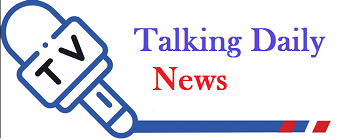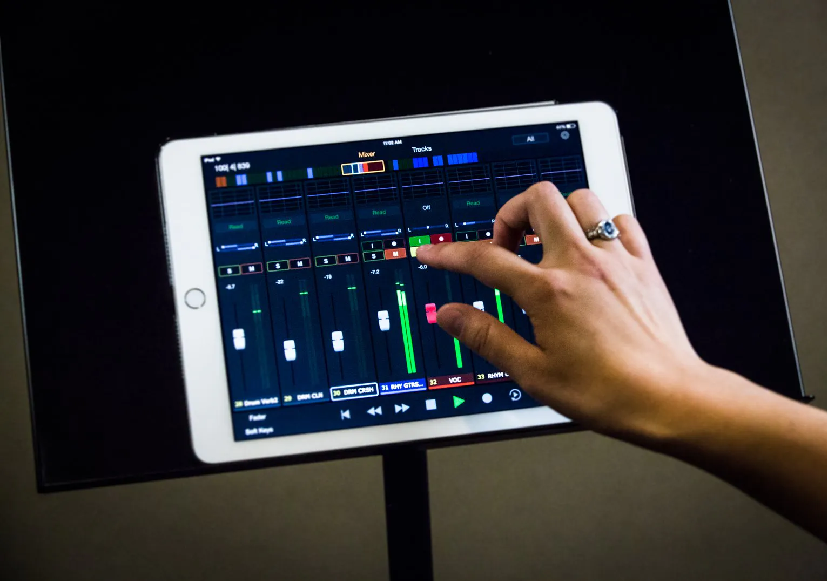In an era where remote work has become the norm for many, the issue of employee surveillance looms large. Employers, seeking to ensure productivity, have turned to technology for monitoring their remote workforce. Controlio and similar tools promise to track every digital move, from web browsing to keystrokes, under the guise of maximizing efficiency. However, the widespread adoption of such surveillance tactics raises significant concerns about privacy, autonomy, and ultimately, productivity.
The Rise of Employee Monitoring Tools
The emergence of Controlio and other employee monitoring software reflects a broader trend in the corporate world. Employers, anxious about the productivity of their remote workforce, have embraced these tools as a means of oversight. According to recent studies, about 30% to 65% of Internet usage at work is non-work related, prompting companies to seek ways to curb this cyberloafing behavior.
Privacy Concerns and Autonomy
One of the primary drawbacks of surveillance technology is its encroachment on employee privacy. Constant monitoring of digital activities, including personal emails and social media usage, blurs the line between professional and personal life.
This intrusion not only erodes trust between employers and employees but also undermines the autonomy essential for creative and independent work. Despite the prevalence of employee monitoring tools already in place, their effectiveness in promoting productivity remains questionable.
The Fallacy of Increased Productivity
While proponents argue that surveillance tools boost productivity by minimizing distractions, the evidence suggests otherwise. Studies have shown that excessive monitoring can lead to decreased morale and job satisfaction among employees. Furthermore, the relentless scrutiny may breed resentment and foster a culture of micromanagement, stifling innovation and collaboration.
The Human Element of Trust and Reciprocity
Contrary to the assumptions of traditional economic theory, human behavior is driven by more than just material incentives. Employees value autonomy, trust, and fairness in the workplace, factors that are undermined by intrusive surveillance measures. Research indicates that employees respond positively to trust-based management practices, whereas excessive control breeds resentment and disengagement.
The Case Against Controlio and Similar Tools
Controlio is a good example of employee monitoring tool that exemplifies the dangers of unchecked surveillance. By logging every keystroke and website visit, Controlio invades employee privacy and erodes trust. Moreover, the mere presence of such monitoring software can create a culture of fear and paranoia, hindering rather than enhancing productivity.
The Need for Ethical and Legal Safeguards
As the use of surveillance technology becomes more widespread, there is a pressing need for ethical and legal safeguards to protect employee rights. Legislation such as the General Data Protection Regulation (GDPR) in Europe and the California Consumer Privacy Act (CCPA) in the United States offer some recourse against invasive monitoring practices. However, more comprehensive measures are needed to ensure that employees are not subjected to undue surveillance.
Conclusion
The proliferation of employee monitoring tools like Controlio represents a troubling trend in the modern workplace. While employers may justify these measures in the name of productivity, the consequences can be far-reaching. By eroding privacy, autonomy, and trust, surveillance technology undermines the very foundations of a healthy work environment.
Instead of relying on intrusive monitoring, employers should focus on fostering a culture of trust, autonomy, and collaboration. Only then can remote work truly fulfill its potential as a viable and productive alternative to traditional office-based employment.





